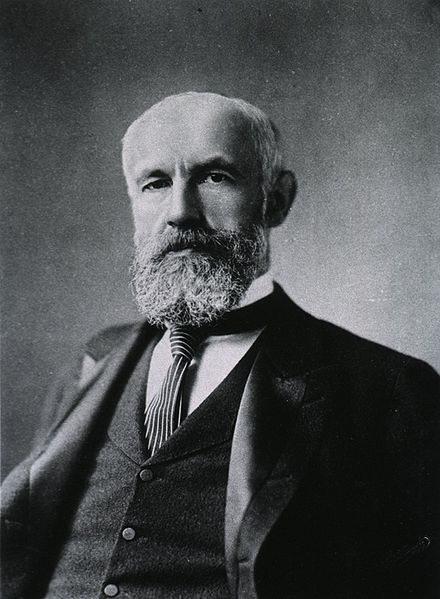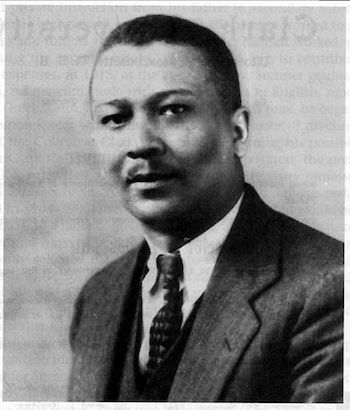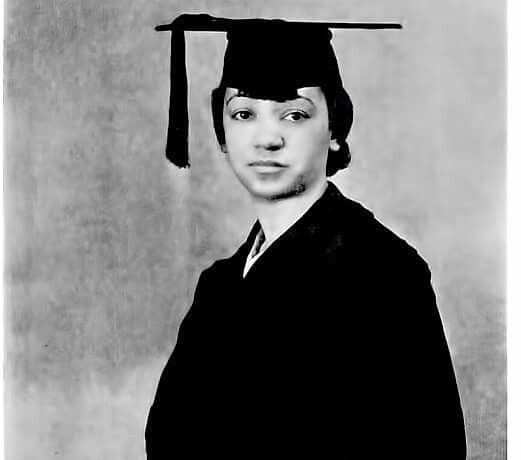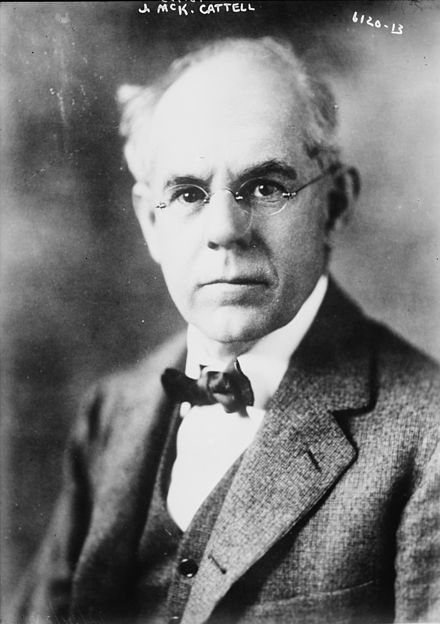More Influential Early Psychologists

G. Stanley Hall
G. Stanley Hall (1844–1924) helped establish psychology in the United States. He:
- Founded the first American psychology lab at Johns Hopkins University (1883).
- Created the first U.S. psychology journal, American Journal of Psychology (1887).
- Founded the American Psychological Association (APA) in 1892.
- Hosted Sigmund Freud at Clark University in 1909, Freud’s only U.S. visit.
Hall, a functionalist, was influenced by evolutionary theory and studied child development and education using surveys and questionnaires. Despite his own racist beliefs, Hall mentored Francis Cecil Sumner, who, in 1920, became the first Black American to earn a Ph.D. in psychology. While graduate education in psychology was restricted and rare for women in Hall’s time, it was all but non-existent for Black Americans.
W.E.I.R.D. psychology
Most well-known early psychologists and psychological studies were focused on WEIRD populations (i.e., psychology was dominated by:
- Western
- Educated
- Industrialized
- Rich and
- Democratic people, and more often than not, men).
There are, however, many more individuals, particularly women and people of color who practiced advanced psychology but did not receive widespread attention or support.
This remains an issue today. For example, one study by Sabik et al. (2021) found that, out of 100 psychological studies, many did not include demographic information of participants and, of those that did, largely drew on WEIRD populations. But only about 12% of the world’s population meets that description.
A 2008 survey of psychological research found that 96% of published research had almost exclusively WEIRD subjects. This is not surprising. The best-known, most widely published, and best-supported psychologists have been and continue to be employed in locations, mostly universities, that fit the WEIRD label. While the field of psychology has made significant strides in inclusion and equity, the racial gap in psychological knowledge remains a concern.
Francis Cecil Sumner

Francis Cecil Sumner (1895–1954) earned his Ph.D. in psychology in 1920, becoming the first Black American to do so. His dissertation addressed psychoanalysis, but his broader research focused on racial bias and educational justice.
Sumner co-founded the Howard University Department of Psychology, which trained generations of Black psychologists. His legacy earned him the title “Father of Black Psychology.”
Inez Beverly Prosser

Thirteen years after Sumner, Inez Beverly Prosser (1895–1934) became the first Black woman to receive a Ph.D. in psychology. Prosser’s research highlighted issues related to education in segregated versus integrated schools, and ultimately, her work was influential in the hallmark 1954 Brown v. Board of Education Supreme Court ruling that segregation of public schools was unconstitutional.
Around the same time, Ruth Winifred Howard (1900–1997) became the second Black woman to earn a psychology Ph.D., focusing on child development. She later ran a private practice with her husband, Albert Sidney Beckham (1897–1964), the first Black school psychologist and a classmate of Francis Sumner.
Learn more about Sumner and Prosser in this APA article.

James McKeen Cattell
James McKeen Cattell (1860–1944) studied under Wundt but focused on individual differences rather than consciousness. Influenced by Francis Galton, he believed intelligence was heritable and measurable through mental tests. Like Galton, Cattell supported eugenics, a movement promoting selective breeding, which cast a harmful legacy on psychology.
At Columbia University, however, Cattell helped establish one of the most respected psychology departments. He promoted the growth of psychological science through publishing, advocacy, and leadership in academic organizations.